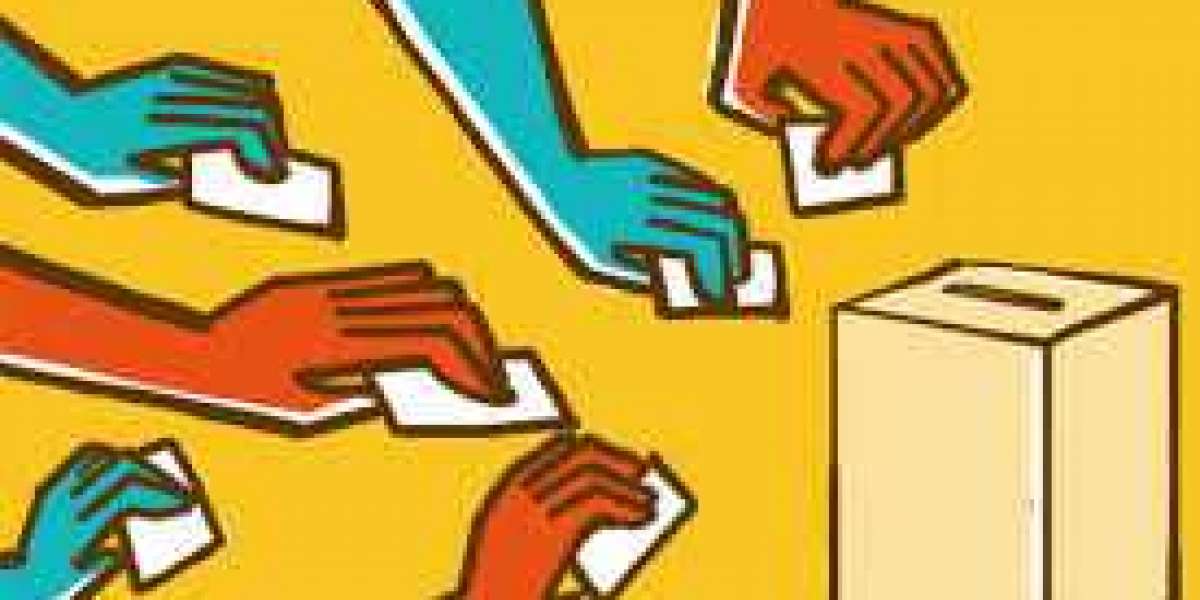Democracy is often understood as government by the people; a form of government in which the supreme power is vested in the people and exercised directly by them or by their elected agents under a free electoral system. Today different countries across the globe have adopted different themes and types of democracy. Each country exercising it in a way that suits to their need.
In India, democracy’s true spirit is often realised in free and fair conduct of elections. Elections thus prove to be the basis on which democracy stands as people become active participants rather than passive recipients of governance in the country. Candidates from various parties have no other option but to address the issues of people and answer them thus making them accountable to the electorate which must elect them for the next term.
Under the brutal rule of the British empire India was far from democracy. The nationalist struggle began and so began the rise of The Indian National Congress, democratic in nature the INC was inclusive in its character and had already realised the need for a truly democratic institution for independent India. There is no clear starting point when Indians collectively raised their voices for democracy, it was rather understood by the freedom fighters that no other alternative to democracy would work in a country like India. The long battle for democracy in India can be thus seen along with its struggle for independence.
DEMOCRACY WITH NO ELECTION
In ancient Athens, legislation was done by a mass meeting that any citizen (man) could attend, and if you wanted to challenge the outcome you bring a lawsuit which would be heard by a randomly selected jury whose size depended on the importance of the case, but could run to many hundreds. The electorate was small enough to gather in a ground and take decisions. In such a state elections were not important and democracy could still work.
It is no longer that. Today we have countries of several millions of people, each provided with the human right to not be enslaved by anyone and rightful of basic needs. Such a society may work as a democracy without elections but would definitely prove to be a failure. The supreme leader, be it the military or the monarch will definitely propagate the ideals of democracy and egalitarianism to deceive the world, but would fail to cover needs of marginalised societies and might even oppress the weak.
Unlike India, countries do exist where elections are not given that much of importance. This is true for countries like China and North Korea where elections are merely a mockery of the concept. Conducted elections just for the sake of it is just a way of legitimising dictatorship today.






